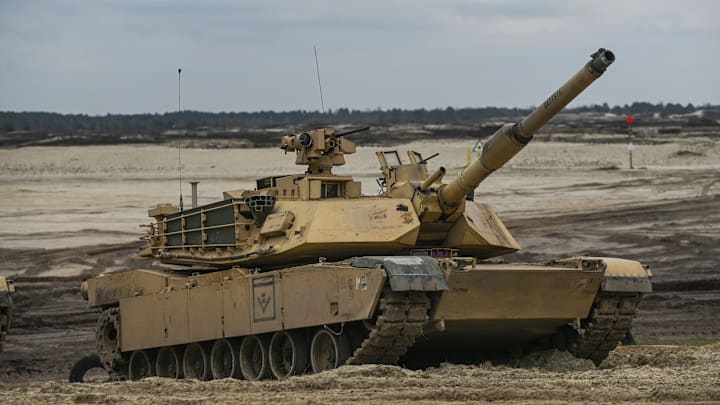The 49ers may be better off trying to lose games down the stretch for better NFL Draft positioning, but actually doing so is harder than it seems.
Fans of losing teams often find themselves actively hoping for losses on gameday rather than a pointless late-season win.
Why? Well, it's simple: a better pick in the following year's NFL Draft (as well as a better shot at a last-place schedule next season).
The 2024 San Francisco 49ers are limping toward the regular season's conclusion, aiming more to wrap up a forgettable year that's been derailed by injuries, headaches, personal tragedies and much more.
At 5-7 through 13 weeks, the Niners aren't technically eliminated from the postseason yet, but the chances of getting into the dance are about as slim as could possibly be.
If anything, resetting for 2025 is the better option.
That points toward the idea of "tanking," aiming to lose games down the stretch rather than trying to win them. After all, a 6-11 or 7-10 record doesn't result in as good a draft pick as a 5-12 record.
Makes sense, right?
If only it was that easy.
Why 'tanking' in the NFL is near impossible
There are reasons why leagues like the NBA employ a draft lottery, frequently because the chances of a top-three pick being a cornerstone player in a sport where only five players are on the court at any given time are notably higher than a top-three pick in the NFL.
Especially with the latter league's focus on franchise quarterbacks.
The NFL Draft is said to be a craps shoot anyway, so actively trying to tank is something almost never seen in pro football. Perhaps the only notable exception would be the 2011 Indianapolis Colts who had eyes on Stanford quarterback Andrew Luck and might be the only recent example of a team trying to tank for the No. 1 overall pick the following year.
"Sure thing" prospects are rare in the draft anyway, and Luck is more of the exception than the rule, especially with regard to quarterbacks.
But, a counterpoint can be made by the 2019 Miami Dolphins where owner Stephen Ross allegedly offered to pay then-head coach Brian Flores $100,000 for each loss that season in order to improve draft positioning the following year.
Flores apparently refused the alleged offer, which may (or may not) have influenced Ross' decision to fire the head coach thereafter.
That's the point, though. Why would a head coach want to tack on extra losses to his overall record just for a better "unknown" the following April in the draft? If dismissed, as is often the case with head coaches on rebuilding teams boasting high picks, are the chances of securing another head-coaching job better in the aftermath?
Probably not.
As for his assistants? Would they be open to actively losing games, knowing fully well that their own reputations would be stained, thereby clouding hopes to land any future coordinator or head-coaching jobs elsewhere?
Probably not.
No NFL player actively wants to intentionally lose games
Coaches can intentionally dial up poor game plans, call incorrect plays and so on if they truly are trying to tank (and that's already a tough sell).
But, for the players, a tank job would almost require putting bad game tape out there for the rest of the league to see. Already, it'd be a tall order to ask an uber-competitive player, such as Niners All-Pro linebacker Fred Warner, to intentionally miss tackles, commit an unnecessary penalty or be out of position on a play just to improve the chances of losing.
However, taking into account the long-term ramifications, that bad game tape could have more than a few trickle-down effects. Diminished Pro Bowl aspirations and less-lucrative future contracts are just some of the potential risks associated with players who are part of actively tanking teams.
Now, there is a way around this, but it only goes so far.
A team like San Francisco could get around the "intentional" part of trying to lose games by resting and/or benching its best players down the stretch, instead opting to field backups and role players in an attempt to "see who might be most helpful" to the team the following season. A 2025 "tryout," if you will.
However, many veteran players have per-game bonuses and incentives worked into their contracts. If said players are healthy and capable of playing, would they sign off on missing out on such bonuses to give the backups more field time?
Not likely.
Now, factor that into a roster of 53 players, and it becomes even more challenging to tank.
In a weird way, the NFL Draft order is a pretty good reflection of teams in need of the most help picking first in any given round, almost entirely unaided by willing and intentional losses the season prior.
Sure, there are occasional exceptions and unique contexts. But, while tanking seems like a reasonable path for teams like the 49ers, who are looking at better prospects the following year, the idea of actively doing so is next to impossible.
